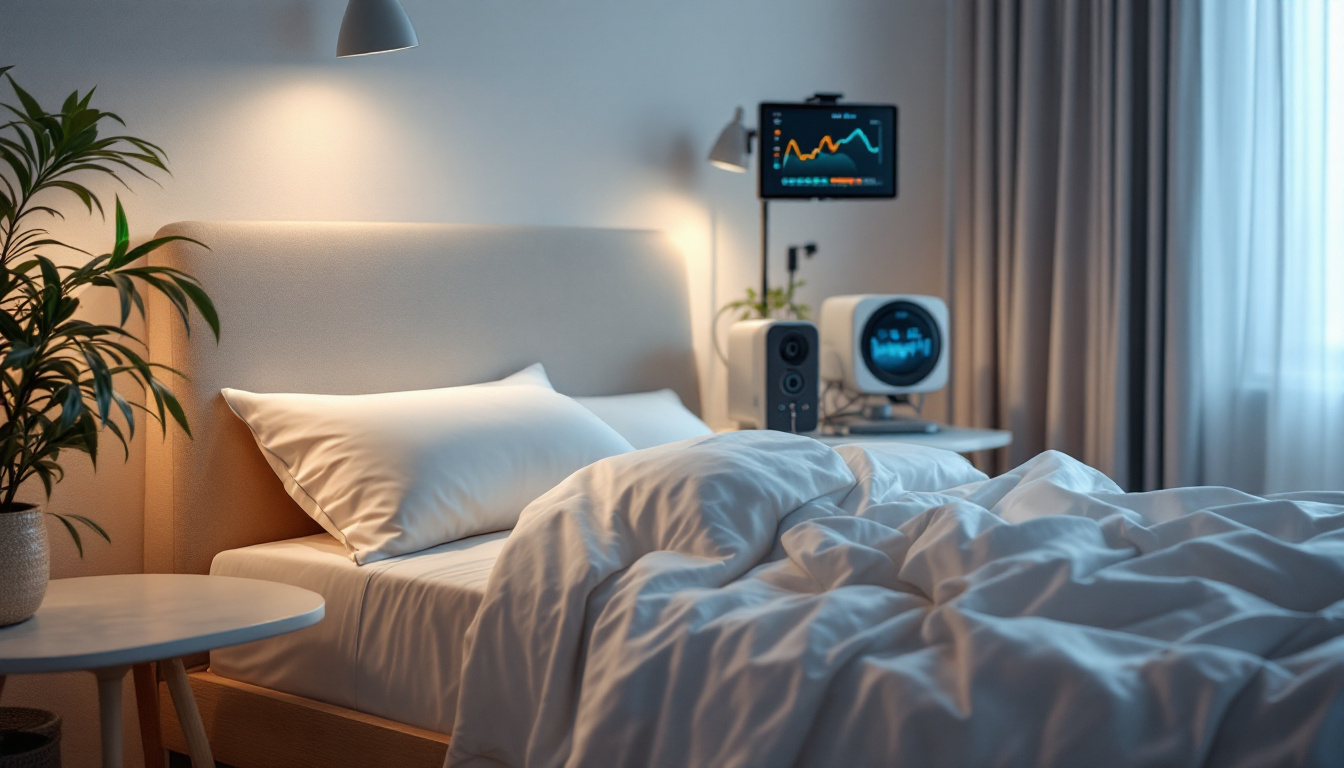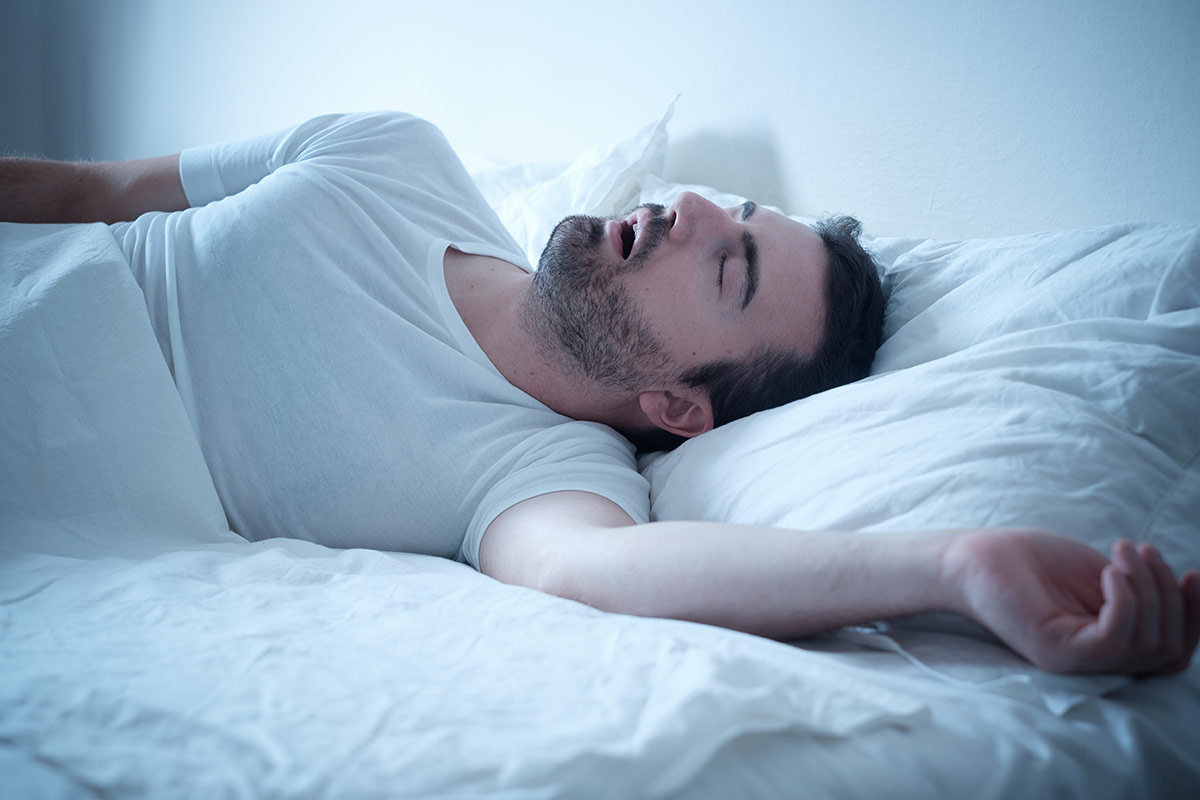Breaking Down Sleep Study Costs in Adelaide: Is It Worth It?
In recent years, the importance of sleep has gained significant attention, with many individuals seeking to understand their sleep patterns and improve their overall health. For those experiencing sleep disorders or disturbances, a sleep study may be a necessary step towards finding a solution. However, the question of cost often arises, especially in a city like Adelaide. This article aims to break down the costs associated with sleep studies in Adelaide and evaluate whether the investment is truly worth it.
Understanding Sleep Studies
Before delving into the costs, it’s essential to understand what a sleep study entails. A sleep study, or polysomnography, is a comprehensive test used to diagnose sleep disorders. It records various body functions during sleep, including brain activity, eye movements, heart rate, and breathing patterns. The data collected helps healthcare professionals pinpoint any issues affecting sleep quality. The importance of these studies cannot be overstated, as they provide critical insights into the complex nature of sleep, which is vital for overall health and well-being. Sleep disorders can lead to a myriad of health issues, including cardiovascular problems, obesity, and impaired cognitive function, making accurate diagnosis and treatment essential.
In conclusion, the sleep study cost Adelaide can be significant, but they are often justified by the potential benefits. For individuals experiencing persistent sleep issues, seeking a diagnosis through a sleep study can lead to improved health outcomes and a better quality of life. Understanding the various costs, insurance coverage options, and the potential long-term benefits can help individuals make informed decisions about their sleep health.
Types of Sleep Studies
There are primarily two types of sleep studies: in-lab studies and home sleep tests. In-lab studies are conducted in a specialised sleep centre, where patients are monitored overnight. This method provides the most comprehensive data but can be more expensive. Home sleep tests, on the other hand, allow individuals to undergo testing in the comfort of their own homes, typically at a lower cost. However, they may not capture as much detailed information as in-lab studies. In-lab studies often involve a range of sensors attached to the patient, which can monitor everything from oxygen levels to muscle activity, providing a thorough overview of the sleep cycle. Conversely, home tests usually focus on breathing patterns and oxygen saturation, making them suitable for diagnosing conditions like sleep apnoea but less effective for more complex sleep disorders.

Who Should Consider a Sleep Study?
Individuals experiencing persistent sleep issues such as insomnia, sleep apnoea, or restless leg syndrome should consider undergoing a sleep study. Symptoms may include excessive daytime sleepiness, loud snoring, or difficulty staying asleep. Consulting a healthcare professional can help determine whether a sleep study is necessary. Additionally, those with underlying health conditions such as obesity, diabetes, or hypertension may also benefit from a sleep study, as these factors can significantly impact sleep quality. It is worth noting that sleep studies are not solely for adults; children can also suffer from sleep disorders, and early diagnosis can lead to better management of their overall health and development. With the rising awareness of sleep health, more individuals are recognising the importance of seeking help for sleep-related issues, paving the way for a healthier lifestyle.
Cost Breakdown of Sleep Studies in Adelaide
The cost of sleep studies in Adelaide can vary significantly based on several factors, including the type of study, the facility, and whether health insurance covers the expenses. On average, individuals can expect to pay anywhere from $1,000 to $3,000 for an in-lab sleep study. Home sleep tests are generally more affordable, with costs ranging from $300 to $800.
In-Lab Sleep Study Costs
In-lab sleep studies are the gold standard for diagnosing sleep disorders. The costs associated with these studies typically include the following:
- Initial Consultation: Before undergoing a sleep study, patients usually have a consultation with a sleep specialist. This initial visit can cost between $150 and $300.
- Sleep Study Fee: The fee for the sleep study itself can range from $800 to $2,500, depending on the facility and the complexity of the study.
- Follow-Up Consultation: After the study, a follow-up appointment is often necessary to discuss the results, which may incur an additional fee of $100 to $200.
Home Sleep Test Costs
Home sleep tests are a more convenient and cost-effective option for many individuals. The costs associated with home sleep tests typically include:
- Test Kit Rental: Patients usually rent a sleep monitoring device, which can cost between $200 and $500.
- Initial Consultation: Similar to in-lab studies, an initial consultation with a sleep specialist is often required, costing around $150 to $300.
- Follow-Up Consultation: A follow-up appointment to discuss results may also be necessary, costing an additional $100 to $200.
In addition to the direct costs associated with sleep studies, patients should also consider potential indirect costs. For instance, if a sleep study is conducted in a hospital or specialised sleep clinic, there may be additional charges for overnight accommodation, meals, and transportation. Furthermore, patients may need to take time off work to attend consultations or the sleep study itself, which could lead to lost wages. It’s essential for individuals to factor in these potential expenses when budgeting for their sleep health. Learn more about accommodation at https://www.steu.edu/academics/accessibility-services/residence-hall-medical-accommodations.html
Moreover, the choice between an in-lab study and a home sleep test can also be influenced by personal circumstances. Some individuals may prefer the comfort of their own home, while others might feel reassured by the comprehensive monitoring available in a clinical setting. Additionally, the accuracy of the results can vary; in-lab studies often provide a more detailed analysis, which can be crucial for diagnosing complex sleep disorders. Therefore, it is advisable for patients to discuss their options thoroughly with their healthcare provider to determine the most suitable approach for their specific needs.
Insurance Coverage and Financial Assistance
Understanding how health insurance plays a role in covering sleep study costs is crucial for many individuals. In Australia, Medicare may cover some of the expenses associated with sleep studies, particularly if they are deemed medically necessary. However, coverage can vary based on individual circumstances and specific health funds.
Medicare Coverage
Medicare may cover the costs of sleep studies if a doctor refers a patient due to suspected sleep apnoea or other sleep disorders. Patients should check with their healthcare provider to understand their eligibility and the extent of coverage. Typically, a portion of the costs for both in-lab and home sleep tests can be reimbursed, significantly reducing out-of-pocket expenses.
Private Health Insurance
For those with private health insurance, coverage for sleep studies may also be available. However, the level of coverage can vary significantly between different insurance providers. It is advisable for individuals to review their policy details or contact their insurance provider to clarify what is covered and any potential out-of-pocket costs.
Financial Assistance Programs
In some cases, financial assistance programs may be available for individuals who cannot afford the costs of sleep studies. These programs can provide support in the form of reduced fees or payment plans. Local health services or sleep clinics may offer information on available options, making it easier for individuals to access necessary care.
Evaluating the Worth of a Sleep Study
With the costs outlined, it is essential to consider whether a sleep study is worth the investment. The answer largely depends on the individual’s situation, symptoms, and overall health goals. For those suffering from chronic sleep issues, the benefits of a sleep study can far outweigh the costs.

Benefits of Undergoing a Sleep Study
1. Accurate Diagnosis: A sleep study provides a comprehensive assessment of sleep patterns, leading to an accurate diagnosis of any underlying sleep disorders.
2. Personalised Treatment: Understanding the specific sleep issue allows healthcare professionals to recommend tailored treatment options, which can significantly improve sleep quality. Click here to find more about quality.
3. Improved Quality of Life: Addressing sleep disorders can lead to better overall health, increased energy levels, and improved mental well-being.
Potential Risks of Not Seeking Help
Failing to address sleep issues can lead to a range of complications, including chronic fatigue, increased risk of accidents, and long-term health problems such as cardiovascular disease. Therefore, investing in a sleep study can be seen as a proactive measure to safeguard one’s health.
Conclusion
Ultimately, the investment in a sleep study may not only provide answers but also pave the way for effective treatment, ensuring that restful nights are once again within reach.
